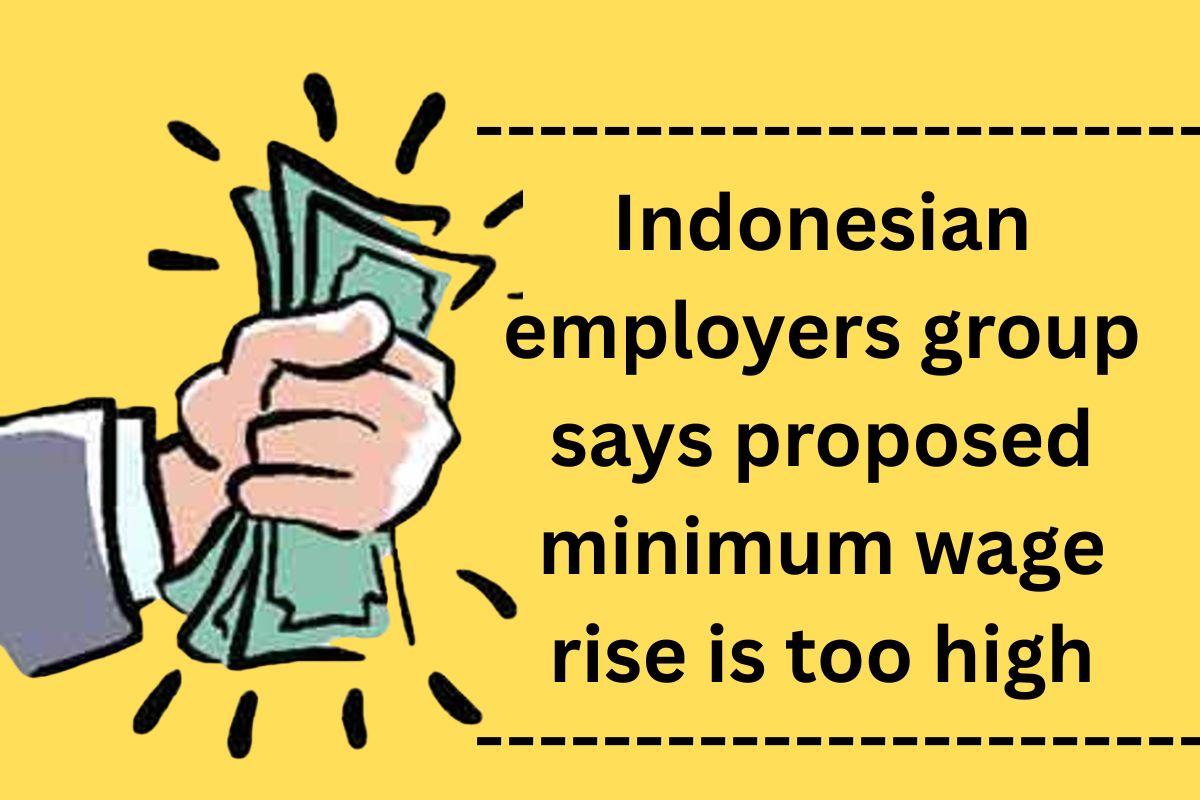The most recent Social Security changes for 2026 include important changes that you must be aware of whether you’re a beneficiary or not. Beginning next year you will receive Social Security benefits will see an increase of 2.8 cost-of-living increase (COLA) that means an increase of just 2% in your monthly payment to keep up with the rising cost of living. However, the rising Medicare Part B premiums will be able to offset some of this increase, which means that the final benefit increase could be lower than you’d like.
In addition, higher earnings limits will impact how much you earn when receiving benefits, without having to worry about cuts. The new tax regulations and the income limits will impact your tax benefits and possible tax obligations as well. These changes are a result of current financial pressures in social security. Social Security system, making it vital to keep up-to-date and modify your retirement plans to reflect these changes. Let’s look into the major changes you can expect in 2026 and how could you do in order to better prepare for these changes.
This Social Security Change Is Coming
The COLA is a year-long increase in the amount of your Social Security benefits to help you keep up with the rate of inflation. In 2026 it is expected that the Social Security Administration (SSA) has made an announcement of an 2.8 percentage rise in the benefits. This means that if you’re being paid Social Security payments, expect your monthly check to increase to $56 in average. Although any increase is appreciated be aware that living costs is increasing in many sectors, particularly healthcare and housing, so it’s unlikely to increase your income as much as it used to.
Another factor that can affect your net benefits is the rise in Medicare Part B premiums, that many Social Security recipients pay directly through their benefits. If your premiums increase significantly in 2026, as expected, they will take more from your monthly payments. So, even as your gross profit increases but your take-home may increase in a lesser amount.
Social Security Changes 2026 Overview
| Change Zone | What You Need To Know |
| Cost-of-living Adjustment | 2.8 percentage increase in COLA 2026 benefits, bringing up average monthly payments by around $56. |
| Medicare Premiums | The Part B Premiums have been on the rise which could result in a reduction of the amount of your net benefit. |
| Limits on Earnings | If you’re not yet retired You can earn up to $24,800 a year before your benefits are cut ($2,040/month). |
| Total Retirement Age Gains | When you are at full retirement age the limit for earnings rises to $65,160. |
| Taxation of Benefits | New tax deductions for seniors Changes to the tax laws of both states and federal government to Social Security benefits. |
| Maximum Taxable Earnings | The income taxed under Social Security payroll tax rises to $184,500 in 2026. |
| SSDI Limits on Income | New income limits affect the eligibility for disability benefits. |
| Payment Methods | Checks in the form of paper are not longer accepted as payments are now done via directly deposit able or via prepaid cards. |
| Official Website | https://www.ssa.gov/ |

Limitations on Earnings and What they Mean for You
If you are claiming Social Security benefits before reaching the full retirement age, there’s an upper limit to how much you can earn in a year, without having to reduce the amount of benefits you receive. In 2026, the limit will be raised to $24,800 per year ($2,040 monthly). In the event that you make more money than that, Social Security will deduct the amount of $1 off your benefits for each $2 you earn over the amount allowed. This could affect your financial situation when you earn a salary in order to receive benefits.
When you attain full retirement age the limit for earnings rises to $65,160. Beyond this limit the tax is deducted at $1 for every $3 over the limit. When you reach your the age of full retirement, however there is no limitation to the amount you earn. That means you are able to earn and work whatever you like without worrying about your Social Security benefits being reduced.
The Tax Reform Act and the Senior Deduction
Social Security benefits could be subject to state and federal taxes according to your income. In 2026, there will be new tax deductions targeted at senior citizens that may reduce your benefits that are subject to taxation. It is important to be aware of them to improve your tax return and reduce the tax burden in relation to Social Security income.
In addition, the maximum amount that are subject to Social Security payroll taxes will increase to $184,500 by 2026. This means that those with those with higher incomes have a greater contribution to social security, which affects the total amount of funding and your benefits over the long time.
New Updates Important to Know about SSDI & Payment Methods
The Social Security Disability Insurance (SSDI) income thresholds have been revised in 2026. They could impact the amount of benefits you are eligible for or in the event that you depend in disability assistance. Should you, or someone else in your family is dependent on SSDI be sure to check the updated income thresholds closely to avoid any surprises.
Also, be aware that the SSA has stopped issuing check in paper, and has transferred nearly all Social Security payments to direct debit or prepaid debit cards to make it faster and safer transactions.
Changes to Social Security changes coming in 2026 will have a significant impact on the benefits you receive, from the amount you get to how much you earn without penalty as well as the tax you may have to pay. While the 2.8 percent COLA can provide some relief from inflation, increasing Medicare expenses and taxes reforms could reduce your net income. Being aware of these changes helps you plan better, avoid any unexpected cuts and ensure your finances for the future. Keep an eye out for latest limit on earnings, the tax laws and SSDI adjustments to make maximum use of Social Security benefits in the next year.
FAQ’s
1. What do the 2.8 percent COLA impact my month-to-month Social Security benefits?
Your benefits will be increased by about 2.8 percent, which is an average increase of $56 per month beginning in 2026. But, you can expect some of this being offset with the increase in Medicare Part B premiums.
2. What if I have to work while I am receiving Social Security benefits?
If you’re still under the age of full retirement you could earn as much as $24,800 per year before benefits are cut. As you approach the full retirement age, this limit rises to $65,160. Once you reach the full retirement, there’s no income limit.
3. Does the government have any additional tax advantages that are available for Social Security recipients?
Yes there are new senior tax deductions that will take the market in 2026. This could reduce the taxes you must pay to receive benefits from Social Security benefits depending on your income.

Hi, I’m Harikesh, a content writer at cgncollege.com. I write engaging and informative articles covering the latest news, India, and global updates. My goal is to keep readers informed with accurate and insightful stories from around the world.






